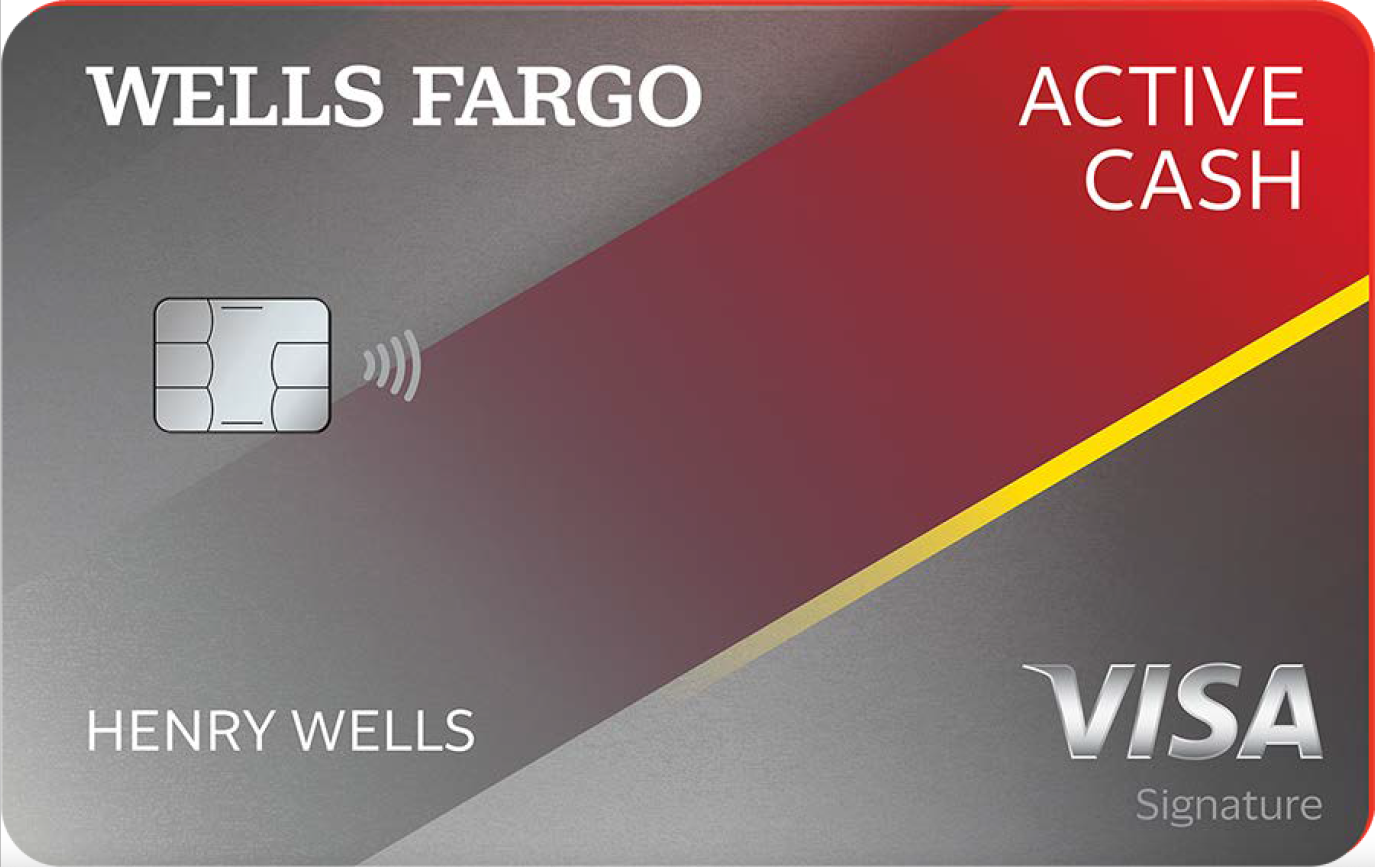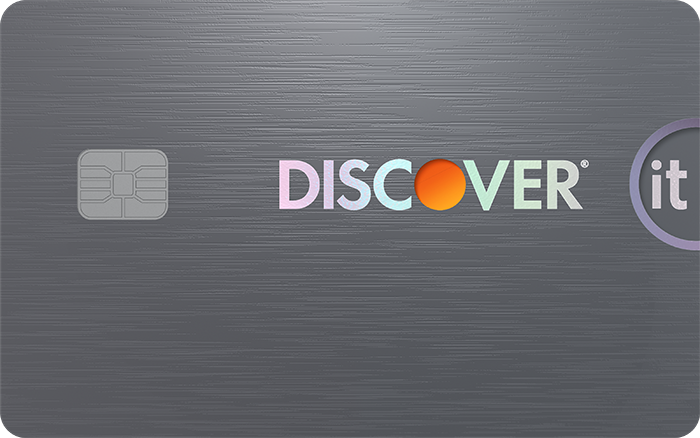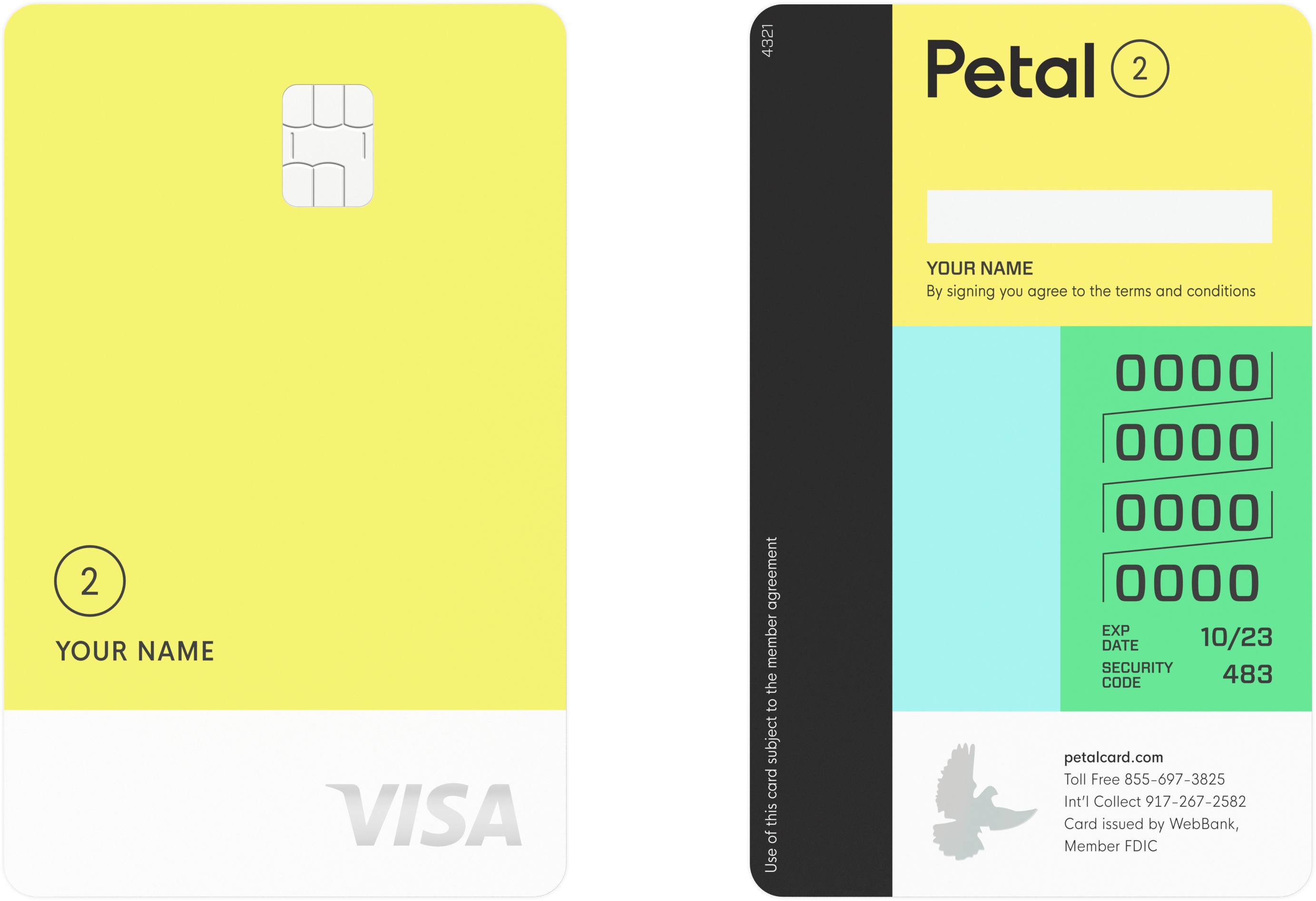
Lyle Daly is a personal finance writer who specializes in credit cards, travel rewards programs, and banking. He writes for The Ascent and The Motley Fool, and his work has appeared in USA Today and Yahoo! Finance. He was born in California but currently lives as a digital nomad with a home base in Colombia.
Our Credit Cards Expert
Fact Checked Ashley Maready Writer and EditorAshley Maready is a former history museum professional who made the leap to digital content writing and editing in 2021. She has a BA in History and Philosophy from Hood College and an MA in Applied History from Shippensburg University. Ashley loves creating content for the public and learning new things so she can teach others, whether it's information about salt mining, canal mules, or personal finance.
Many or all of the products here are from our partners that compensate us. It’s how we make money. But our editorial integrity ensures our experts’ opinions aren’t influenced by compensation. Terms may apply to offers listed on this page.
Whenever you fill out an application for a new credit card, you're going to reach a section where the credit card company asks you about your income.
This part can prompt some questions for consumers, especially those who don't apply for credit cards often. You might be wondering what exactly qualifies as income and if yours is going to be high enough to get approved.
Since your income is an important factor during the credit card application process, it's good to know why it comes into play and how it will affect your chances of approval.
Credit card companies ask for your income to determine whether to approve your application and, if so, the amount of credit to issue you. For example, a card issuer could decide that based on your income, it will approve you for a card with a credit limit of $1,000, or $5,000, or more.
The Credit CARD Act of 2009 requires credit card companies to ask applicants for their income. It also requires that they only approve an application if they're confident the applicant will be able to afford their monthly payments. However, it doesn't list any specific guidelines about how much credit they can issue.
Although your income mainly impacts the credit limit you get, it can also determine whether you're approved for a card. Certain types of cards have a minimum required credit limit. That minimum is often set by the payment network of the card, such as Visa or Mastercard. It's easiest to explain with an example.
Visa has multiple levels of cards available. Three of the most common all have their own minimum credit limits:
Let's say you apply for a Visa® Signature card. The credit card company is only willing to issue you $2,000 in credit. It would need to deny your application, because it can't issue a Visa® Signature card with a credit limit under $5,000.
There are reports online that card issuers can sometimes get around these minimums. Although it's possible to be approved for a lower limit, credit card companies normally stick to the official guidelines.
Your income is a significant factor in determining the credit limit you can get, but it's not the only factor. The credit card company could also consider other information, including:
Each credit card company has its own formula for how it uses this information to set your credit limit. Because of this, there's no way to predict the credit limit you'll get from a card issuer. But there are high limit credit cards that tend to have higher limits than other cards.
In our research on credit limits, we've found that card issuers generally like to keep your total credit limits with them between anywhere from 25% to 100% of your annual income. Some will start you off on the lower end, but if you always pay on time, you can ask them to increase your credit limit later.
There are different standards for what counts as income depending on whether you're at least 21 years old. If you are, then you can include any income for which you have "reasonable expectation to access." This can include:
For those under 21, you're only allowed to include any sort of personal income, allowances, scholarships, and grants.
Although a credit card company could ask you to provide income verification, this doesn't happen often. In most cases, the credit card company will take your word for it and use your reported income.
Let's address the elephant in the room here: Since there's no income verification, what happens if you exaggerate your income?
To be honest, you're unlikely to get into any trouble solely for exaggerating your income. But this is considered loan application fraud, and it could come back to bite you if you aren't able to pay off what you charged.
If your reported income on your credit card application was much higher than your actual income, then a court could prohibit you from discharging credit card debt in bankruptcy. In some cases, offenders have even received hefty fines and/or imprisonment. The crime carries a maximum penalty of up to $1 million in fines and 30 years in prison.
You need to provide your income each time you apply for a credit card, but you shouldn't worry too much about it. The truth is that the credit card company just wants to make sure it gives you the right credit limit. You don't need to be a big earner to get a card, as most cards are available to people at every salary range.
Here are a few quality credit cards that can give you an idea of what card issuers offer. Whether you don't have a credit history yet or are just looking for a great card, check out these to get started in your search.
As of Aug. 06, 2024


Our ratings are based on a 5 star scale. 5 stars equals Best. 4 stars equals Excellent. 3 stars equals Good. 2 stars equals Fair. 1 star equals Poor. We want your money to work harder for you. Which is why our ratings are biased toward offers that deliver versatility while cutting out-of-pocket costs.
= Best
= Excellent
= Good
= Fair
= Poor
Our ratings are based on a 5 star scale. 5 stars equals Best. 4 stars equals Excellent. 3 stars equals Good. 2 stars equals Fair. 1 star equals Poor. We want your money to work harder for you. Which is why our ratings are biased toward offers that deliver versatility while cutting out-of-pocket costs.
= Best
= Excellent
= Good
= Fair
= Poor
Our ratings are based on a 5 star scale. 5 stars equals Best. 4 stars equals Excellent. 3 stars equals Good. 2 stars equals Fair. 1 star equals Poor. We want your money to work harder for you. Which is why our ratings are biased toward offers that deliver versatility while cutting out-of-pocket costs.
= Best
= Excellent
= Good
= Fair
= Poor
Our ratings are based on a 5 star scale. 5 stars equals Best. 4 stars equals Excellent. 3 stars equals Good. 2 stars equals Fair. 1 star equals Poor. We want your money to work harder for you. Which is why our ratings are biased toward offers that deliver versatility while cutting out-of-pocket costs.
= Best
= Excellent
= Good
= Fair
= Poor
Our ratings are based on a 5 star scale. 5 stars equals Best. 4 stars equals Excellent. 3 stars equals Good. 2 stars equals Fair. 1 star equals Poor. We want your money to work harder for you. Which is why our ratings are biased toward offers that deliver versatility while cutting out-of-pocket costs.
= Best
= Excellent
= Good
= Fair
= Poor
Our ratings are based on a 5 star scale. 5 stars equals Best. 4 stars equals Excellent. 3 stars equals Good. 2 stars equals Fair. 1 star equals Poor. We want your money to work harder for you. Which is why our ratings are biased toward offers that deliver versatility while cutting out-of-pocket costs.
= Best
= Excellent
= Good
= Fair
= Poor
On Wells Fargo's Secure Website .
On Discover's Secure Website .